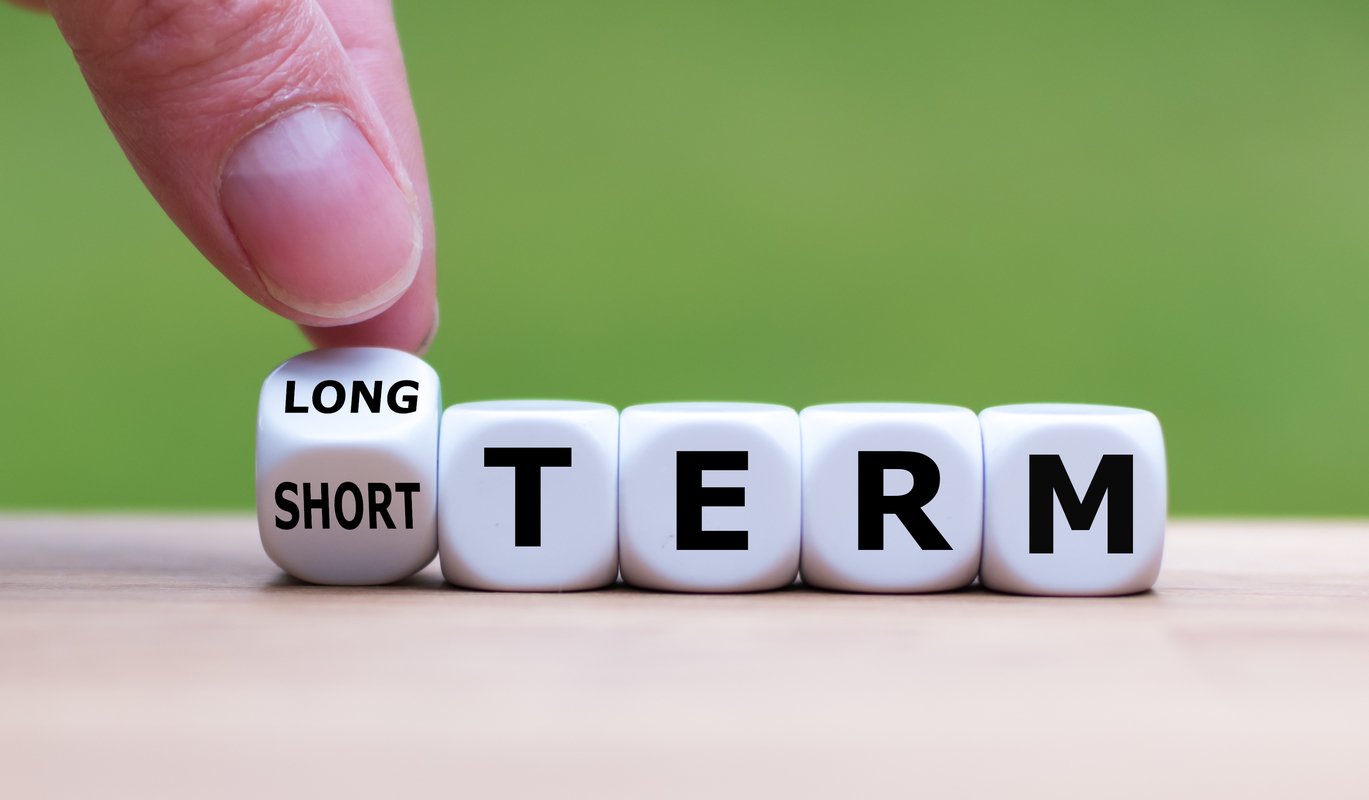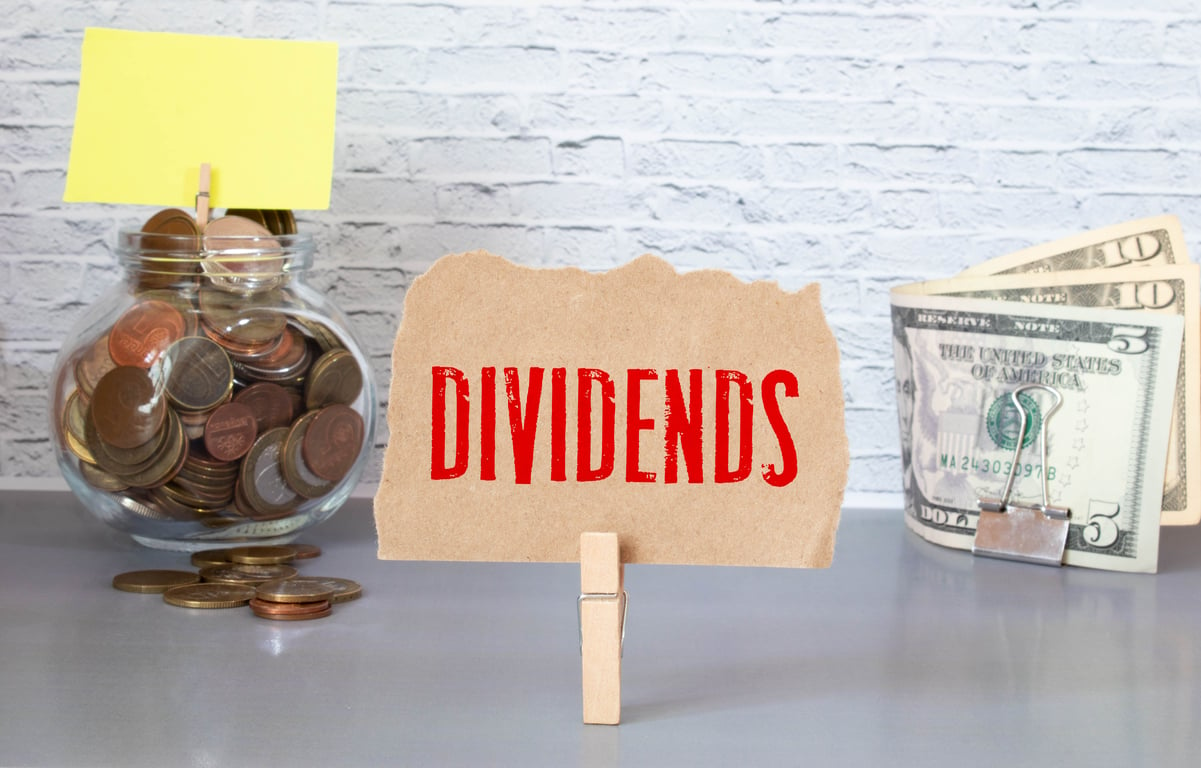After one of the fastest meltdowns ever, the stock market has rebounded quite a bit. There's even an argument to be made about whether we really still have a bear market.
But despite the bounce for many stocks, most of them still haven't regained their previous highs. Plenty of bargains can be found. Here are three great stocks that are still ridiculously cheap right now.

Image source: Getty Images.
1. AbbVie
AbbVie (ABBV 0.31%) shares trade at a little over eight times expected earnings. That makes AbbVie one of the cheapest big pharma stocks on the market. There's one word that explains why the stock is so inexpensive: Humira.
Since AbbVie was spun off from Abbott Labs in 2013 (and even before then), its management team has been bracing for the day when Humira would lose patent exclusivity. That day has already come in Europe and is on the way in the U.S. in 2023. The problem for AbbVie is that it's highly dependent on its top-selling drug.
If AbbVie didn't have a plan to deal with the sales declines for Humira, the stock would be a value trap instead of a value play. But AbbVie does have a plan. Its lineup includes several drugs that will fuel revenue growth for years to come, with cancer drugs Imbruvica and Venclexta and new immunology drugs Rinvoq and Skyrizi at the top of the list. The company also awaits the closing of its acquisition of Allergan, a deal that will significantly reduce its dependence on Humira.
AbbVie probably won't deliver tremendous growth over the next several years in the aftermath of Humira's loss of exclusivity. However, it doesn't have to do so to be able to generate solid total returns for long-term investors. AbbVie's dividend yield stands at close to 5.9%. The company ranks as a Dividend Aristocrat with 47 consecutive years of dividend increases and places a high priority on its dividend program.
2. Berkshire Hathaway
Berkshire Hathaway (BRK.A +0.28%) (BRK.B +0.20%) hasn't been this cheap in years. The stock trades at only a little over its book value, less than six times trailing-12-month earnings, and around 18 times expected earnings. Berkshire CEO Warren Buffett might not be a big fan of any of these valuation metrics, but he undoubtedly likes the stock's current valuation considering that the company was buying back shares last year when the stock was priced well above current levels.
Like many companies, Berkshire Hathaway's near-term prospects will be impacted by the COVID-19 outbreak. Several of its retail businesses, in particular, could experience revenue and earnings declines. However, Berkshire also owns businesses that aren't likely to be affected much by the coronavirus pandemic, notably including its insurance operations.
But the negative impact on Berkshire from COVID-19 will only be temporary. The company's subsidiaries and its massive investment portfolio will almost certainly recover quickly once the crisis is over.
Remember, too, that Buffett is a master at making smart investments during market downturns. And he has a lot of cash at his disposal to use in investing. Berkshire's cash stockpile, including cash and equivalents, totaled $125 billion at the end of 2019.
3. Bristol Myers Squibb
Bristol Myers Squibb (BMY 2.40%) is another big pharma stock that, like AbbVie, appears to be attractively priced right now. Its shares trade at around 9.4 times expected earnings. However, unlike AbbVie, BMS should deliver strong growth over the next several years.
Wall Street analysts predict that the big drugmaker will be able to increase its earnings by more than 18% annually on average over the next five years. This estimate seems achievable considering BMS' solid product lineup and promising pipeline candidates.
Two of the top five best-selling drugs in the world over the next few years belong to BMS -- blood thinner Eliquis and cancer immunotherapy Opdivo. The company also has other blockbuster drugs with fast-growing sales, including Abraxane, Orencia, Pomalyst, and Revlimid. New products such as blood disease drug Reblozyl and multiple sclerosis drug Zeposia are also likely to be huge winners.
Bristol Myers Squibb also offers an appealing dividend with a current yield of a little over 3%. For investors looking for value, growth, and income, it's hard to beat BMS.










